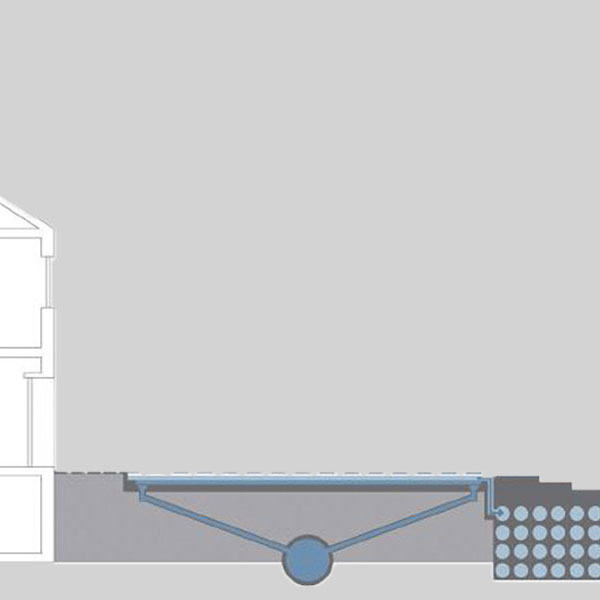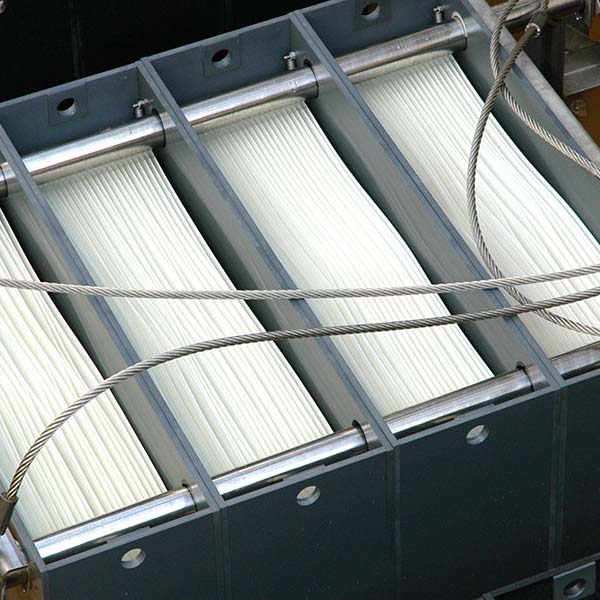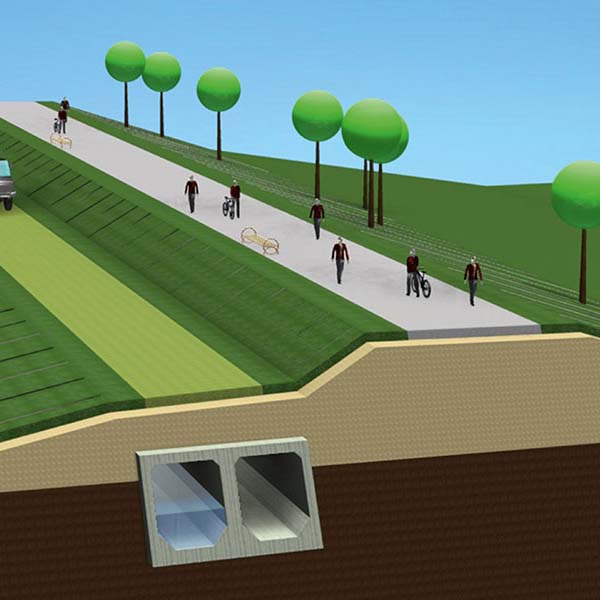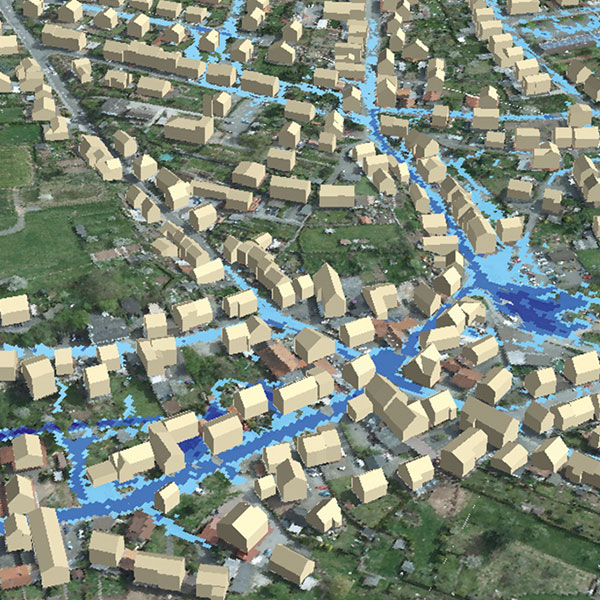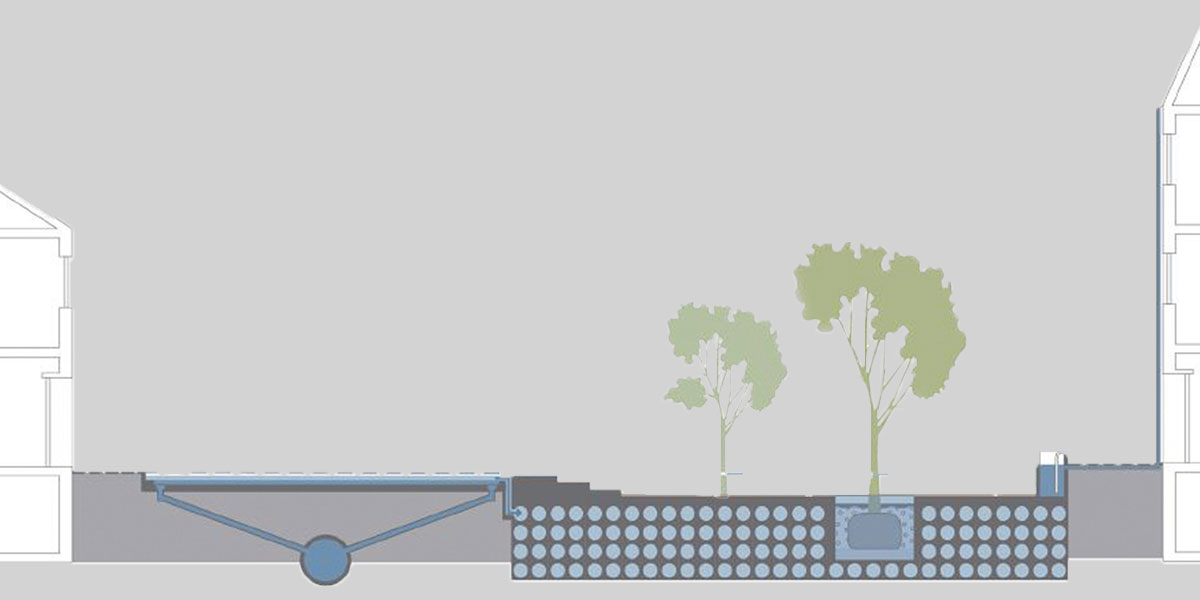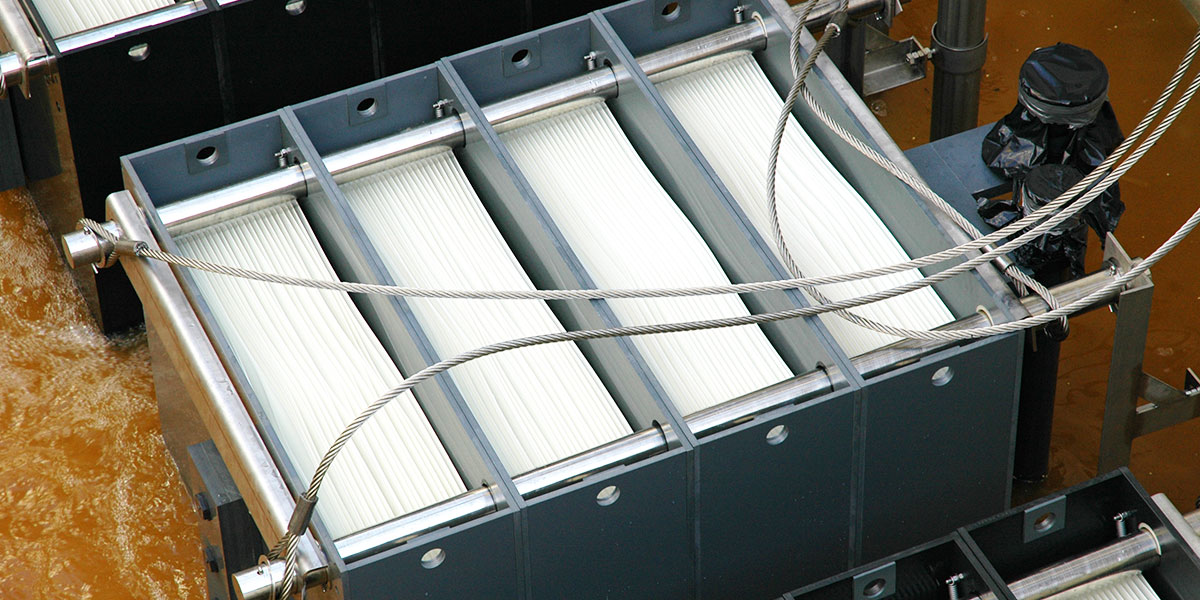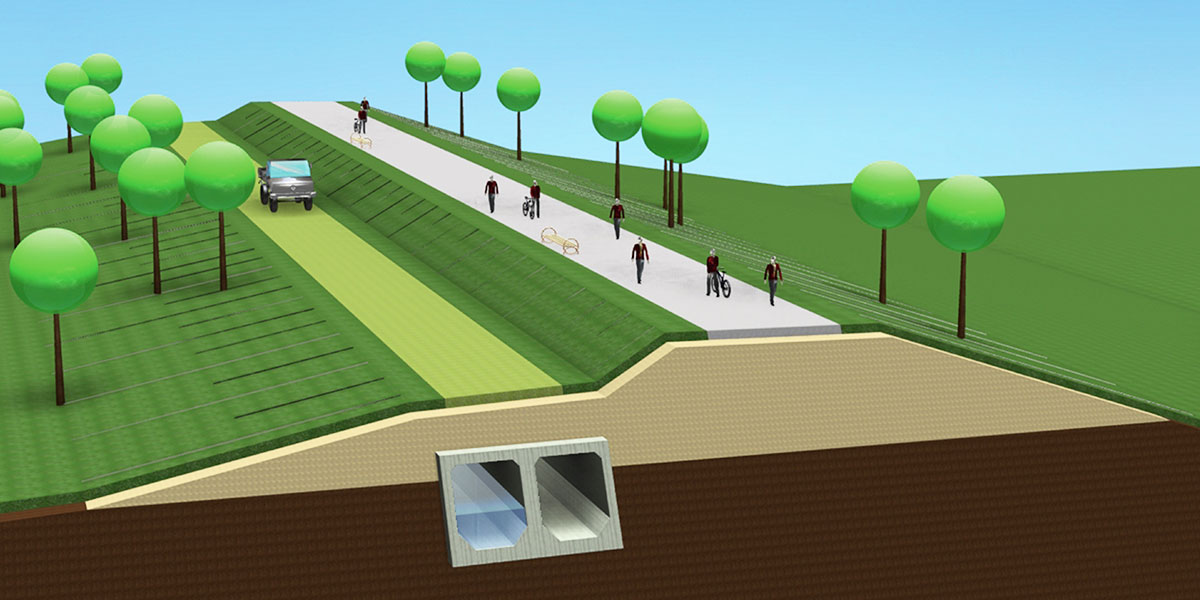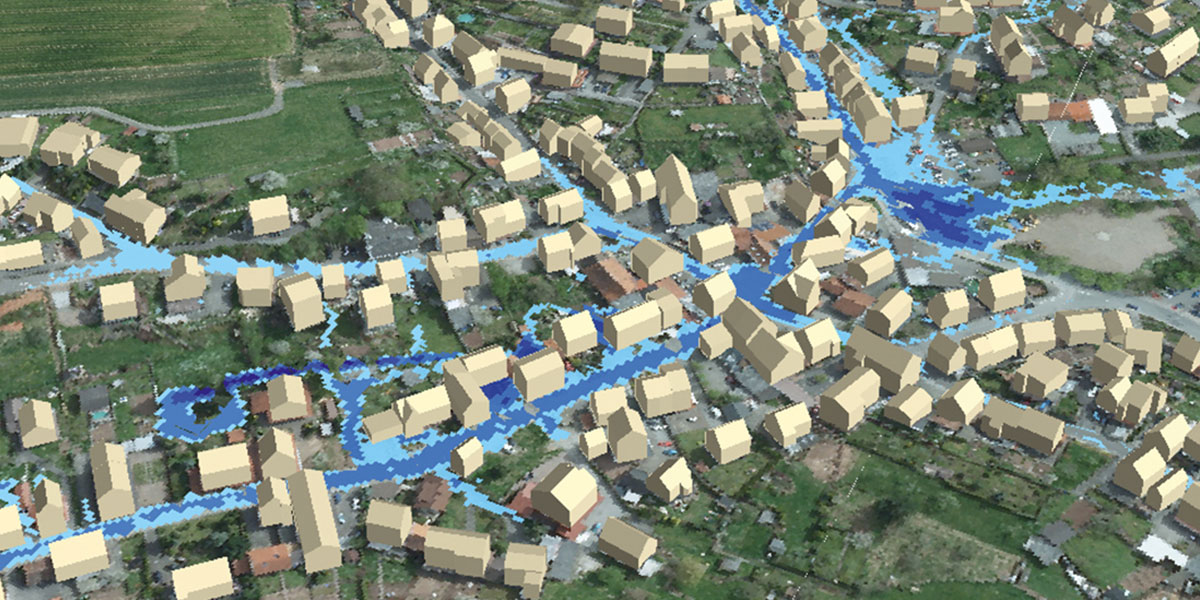Innovations
The water industry is undergoing major shifts. Climate change, demographic change and a discernible investment backlog in the water management infrastructure confront us with serious challenges. The sewage water management systems are intended not only to serve the environment and health, but also to conserve resources and save energy.
The expectation of sustainability and efficiency is growing steadily. Science and practice are required here to identify new possible solutions and to test them in practice. How efficient are stormwater tanks? How does climate change actually work - what does this mean for municipalities? How can organic pollutants be eliminated in sewage treatment plants? What contribution can urban water management make to renewable energies? How can energy from wastewater be generated? Questions that we explore in cooperation with universities, various competence centers, expert committees and working groups. We are actively driving developments forward, and are continually integrating the results into our projects.
Research project wastewater treatment plant Paderborn (funded by MUNLV NRW)
- Further wastewater treatment to improve water quality
- Ozonation, biologically active activated carbon, granulated activated carbon filtration
- Implementation of the ozone plant in existing technology
- On-site research on the effects of ozonation in wastewater treatment plants, in particular on water bodies
Research project on the performance of mixed water treatment plants (funded by MKUNLV NRW)
- Carry out COD online measurements on stormwater overflow tanks
- Monitoring of settling behavior of solids in stormwater overflow tanks
- Evaluation of the cleaning performance of different tank structures
- Derive recommendations for the operation and monitoring of stormwater tanks
- Information on the technical and operational optimization of existing stormwater tanks
Research project SIGN-OPERA (funded by BMBF)
- Further development of German water and wastewater technologies for the boundary conditions in China
- Integrated approach to urban water circulation from the source to the sewage discharge
- Development of a locally applicable action plan for future flood prevention
Research and development project MURIEL (funded by DBU)
- Identification of possibilities how existing indoor spaces can be used as emergency flooding areas in the event of heavy rain (multi-functional use of open spaces as urban retention areas)
- Solutions are specified by using three example communities
Destrict heating network Rhein-Ruhr (FWSRR)
- Rhein-Ruhr district heating network
- Parallel piping of the district heating pipelines in the dike after reinforcing the dike with a core sheet pile wall
- Pipeline route on a secured dike
- Creation of artificial high banks
Wastewater treatment plant Leipzig-Rosental
- Optimal use of the area by a two-storey combination of the sedimentation and settling tank
Instructions for the planning and dimensioning of plants for elimination of organic micropollutants, Competence Center for Micropollutants. NRW
Risk management in the municipal flood control for drainage systems in case of heavy rain, DWA regulations, leaflet DWA-M 119
Heavy rain and urban floods, DWA / BWK Working Group HW-4.2
Handbook for isolated discharge, MUNLV NRW




